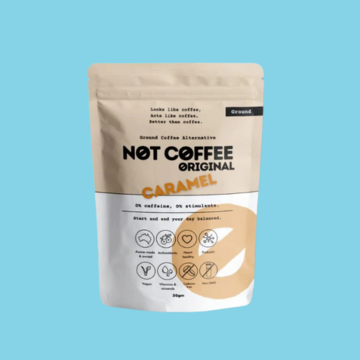Long a favourite in skin care products, aloe vera’s soothing qualities are now favoured by those suffering digestive complaints. Narelle Muller investigates.
One of the most common and debilitating digestive conditions is irritable bowel syndrome (IBS), believed to affect one in five Australians. Symptoms include indigestion, abdominal pain, and cramping, bloating, nausea, constipation and/or diarrhea, as well as lower back pain and exhaustion.
Food intolerances are the most common trigger of IBS, but other environmental factors can play havoc in those susceptible to IBS. These may include infection, medication, general diet (low fibre, spicy or sugary foods) stress and changes to routine.
While conventional medical treatment includes the use of laxatives, antispasmodic medication and anti-diarrhea medicines, many sufferers trying these are still looking for answers to unresolved digestive problems. Some believe such medicines bring only temporary relief to symptoms, which then tend to return. As a result, many turn to lifestyle changes and natural remedies, which they believe deliver longer-term positive results.
Benefits of aloe vera
Aloe vera is a succulent plant which, when juiced, has been known to assist with detoxification, as well as helping to regulate the body’s intestinal tract.
Increasingly, aloe vera juice is proving effective in treating digestive problems and aloe vera pulp is now also favoured by devotees for its gentle fibre content.
Consumed regularly, aloe vera can slowly help the body sweep clean internally, disposing of unwanted debris within the digestive tract.
When we eat, our digestive system breaks down food to allow for the absorption of nutrients into the blood. During this process, there are inevitable by-products which the body does not need, some of which may be toxic.
Aloe vera is considered a laxative with beneficial water content. It also contains enzymes which assist with food breakdown.
It is thought aloe vera fibre helps loosen and disperse impacted material in the digestive tract and the plant can reduce inflammation.
Intestinal problems often go hand in hand with inflammation and aloe vera juice has been shown to help soothe and relax the digestive tract.
Anecdotal evidence is widespread among sufferers who report a reduction in pain while taking aloe vera regularly. Some claim fast results, while others see a more gradual improvement.
Natural aloe vera juice and aloe vera pulp are believed to assist in detoxification and an overall boost to energy levels. Pure extract cold pressed aloe vera from the inner leaf gel, with no added sugar, is a natural cleanser high in antioxidants.
Rich in an array of vitamins, minerals and containing all 22 amino acids, aloe vera could easily be considered an ancient superfood.
Aloe Vera of Australia’s 99 percent aloe vera juice has a legion of dedicated fans, but for some, it is an acquired taste. That is why the company now offers Aloe Juice +20 herbs, for those seeking an extra tonic with a taste difference, along with Aloe Juice Pulp, for those in need of extra fibre.
Four juices with distinct purposes and flavours: Aloe Wellbeing Cleanser, Aloe Repair Digestion, Aloe Recovery Immune, and Aloe Restore Vitality juice range, all are preservative free, made from natural aloe vera grown in organic conditions.

